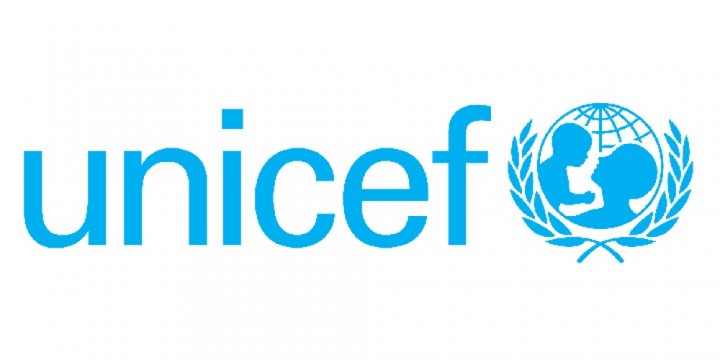Scaling-up and strengthening community approaches to total sanitation (Community Approaches to Total Sanitation, CATS)
2012 - 2016 • United States Fund for UNICEF
Purpose
To assess and analyze CATS innovations and implementation strategies in Malawi and Indonesia, distil and disseminate lessons learned to other UNICEF country programs in Africa and Asia.
Activities
UNICEF is implementing Community Led Total Sanitation (CLTS) or CATS programs in a large number of countries globally, mostly in Africa and Asia. This project is designed to assess and analyze CATS innovations and implementation strategies in two countries - Malawi and Indonesia - and to distil and disseminate lessons learned to other UNICEF country programs in Africa and Asia. Among other goals, the project seeks to meet ambitious Open Defecation Free (ODF) ‘hit rates’ , of 66% and a ‘reach’ target of 85%.
Regionally, UNICEF is engaged in a number of monitoring and learning efforts as part of this project - including:
o Online Monitoring & Evaluation Toolkit
o Supporting Kenya, Mozambique, and Madagascar on CATS reviews and tools development
o Preparing CLTS reviews and case studies
o Learning projects including use of Social Norms Theory, small town approaches to CLTS, regional sanitation supply chains research, and reviews of School Led Total Sanitation
o Learning, and dissemination events
Images

Image: UNICEF Logo © *
Countries of activity
Location of main activity
Objectives
o Objective 1: Supplement and expand on-going sanitation programs in two countries (Indonesia and Malawi) with specific emphasis on learning through innovation
o Objective 2: Assess and analyze innovations and implementation strategies in these two countries in order to distil lessons learning and assess the impact of implementation modalities on progress, and to transmit this learning to other countries in two regions
Further information
Research or implementation partners:
o Indonesia: Ministry of Planning, Ministry of Community Empowerment, Ministry of Health, Ministry of Education, provincial departments, local government, local partners
o Malawi: Ministry of Irrigation and Water Development, Ministry of Health, Ministry of Local Government’s District assemblies, World Vision International, Population Services International, Water and Environmental Sanitation Network, Engineers without Borders.
Filter tags
Behaviour change Bill & Melinda Gates Foundation Community sanitation East Asia & Pacific Enabling environment and institutional strengthening International NGO Political processes and institutional aspects Practitioners Public awareness, advocacy and civil society engagement Rural Rural areas Specific to one or several countries Sub-Saharan Africa WASH and nutrition
Links
United Nations Childrens Fund
New York
United States
Uploaded by:
danijela milosevic (milli)
















